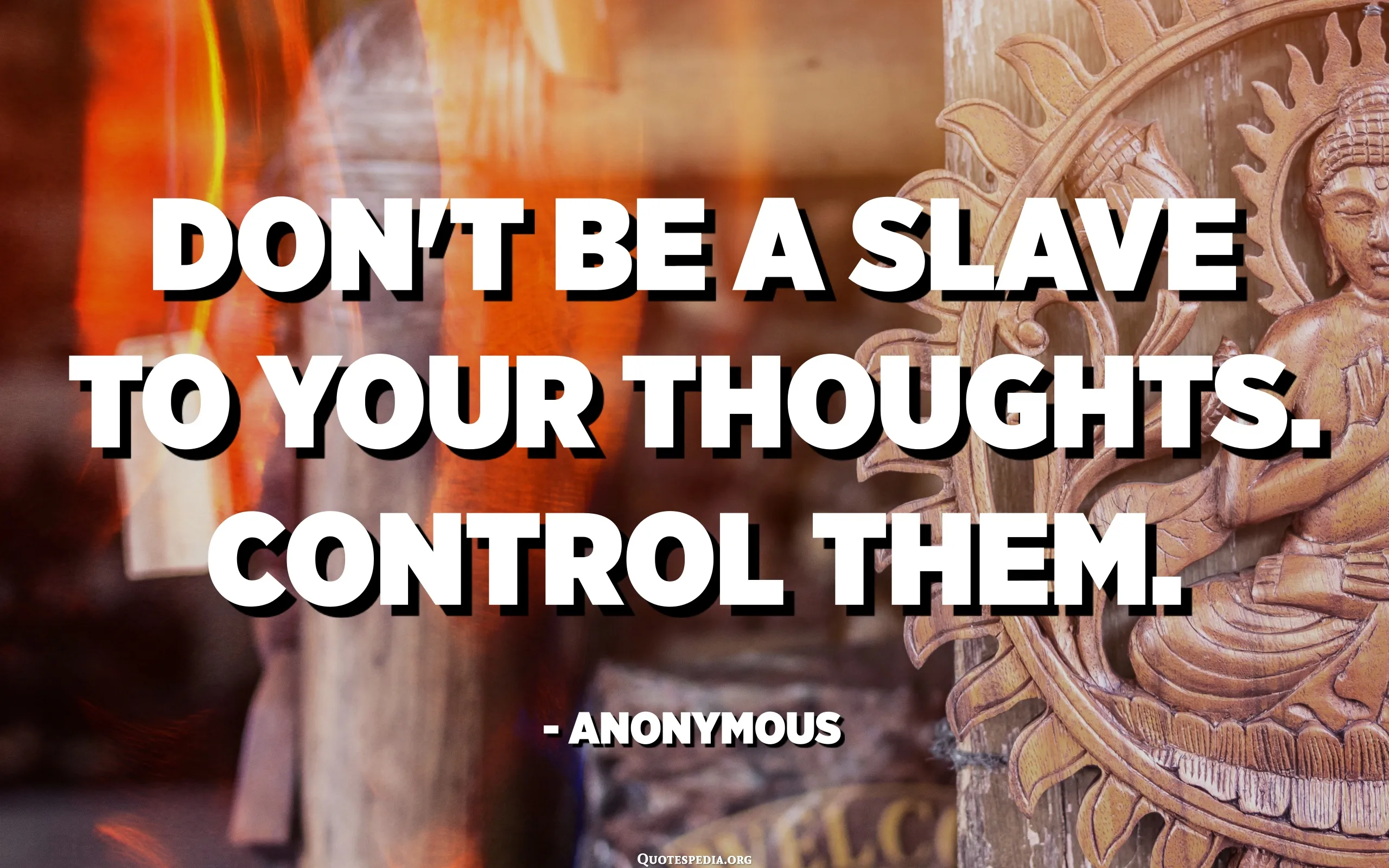Mental slavery is the process whereby one group of people forcibly controls the thoughts, beliefs, and emotions of another group. This can be done through various means, including physical and psychological coercion, as well as propaganda and misinformation. Mental slavery has been used throughout history as a tool of oppression, particularly against marginalized groups such as Africans and other people of colour. The history of mental slavery in Africa is closely linked to the history of colonization.
European colonists used various methods to control the minds of Africans, including forcing them to adopt Western values and beliefs. This process of cultural indoctrination was often accompanied by physical violence and intimidation. As a result of these efforts, many Africans came to internalize the belief that they were inferior to Europeans. The mental slavery of Africans was further reinforced by the institution of slavery itself. Enslaved Africans were denied their basic human rights and subjected to horrific conditions.
This experience left many with deep psychological scars that made it difficult for them to resist their oppressors.
The Importance of Emancipation from Mental Slavery
When we think of slavery, we typically think of physical slavery, where one person is owned by another and forced to perform labour. But there is another kind of slavery that is just as insidious and damaging: mental slavery. Mental slavery can be particularly damaging for people who come from groups that have been historically oppressed, such as people of colour or indigenous people. This is because they often grow up hearing negative messages about themselves and their group from the media, their government, and even from their own families.
These messages can lead to low self-esteem, anxiety, and depression. The good news is that mental slavery is something that can be overcome. The first step is to become aware of the negative messages that you have internalized about yourself and your group. Once you are aware of these messages, you can start to question them and reject them. This is the beginning of emancipation from mental slavery.
How Mental Slavery Continues to Impact African Societies Today
Today, the effects of mental slavery continue to be felt throughout African societies. This is a direct result of the African continent’s history of colonization and emancipation. As a result of this treatment, many Africans developed a deep sense of inferiority and powerlessness. This sense of inferiority and powerlessness has been passed down from generation to generation, and it continues to have a negative impact on African societies today. There are several ways in which the effects of mental slavery continue to be felt in African societies today. One of the most significant ways is in the way that Africans view themselves.
Due to the long history of colonization and abuse, many Africans have internalized the belief that they are inferior to other races. This has led to a lack of self-confidence and a feeling of powerlessness. As a result, many Africans have difficulty asserting themselves and achieving success in life. We often buy goods from outside Ghana particularly European and Asian goods than the ones made in Ghana, assuming that they are better than the ones manufactured here. Another way in which the effects of mental slavery can be seen in African societies today is in the way that Africans relate to one another. Due to the history of oppression and violence, many Africans have developed mistrust for their colonial masters.
The African continent has a long and complex history of mental slavery and emancipation. For many centuries, African people were subjected to brutal colonization and exploitation by European powers. This resulted in a great deal of psychological trauma and damage, which has been passed down through the generations. In recent years, there has been a growing movement amongst African people to emancipate themselves from mental slavery. This is being done through a variety of means, such as education, therapy, protest and community support.
There is a growing recognition of the need to heal the psychological wounds of the past to move forward into a brighter future. Many organizations and individuals are working tirelessly to support this movement. These organizations are helping to raise awareness of the issue and provide support to those who are working to emancipate themselves from mental slavery. The journey to emancipation is often long and difficult, but it is vital to work that must be done. Through the efforts of those working towards this goal, Africa will eventually be free from the shackles of mental slavery.


This is what has retarded the African continent till now. Colonisation has stopped yet our minds have been enslaved.
Because of the psychological trauma the white caused to we the people of the African continent they still stand on that to manipulate us like their puppet. We are like pencils in their hands turning us wherever they like.
nice write up bro. keep the fire burning
Africa is the continent of woes. It is very sad that these things continue to exist even in the 21st century. Africa must rise up.